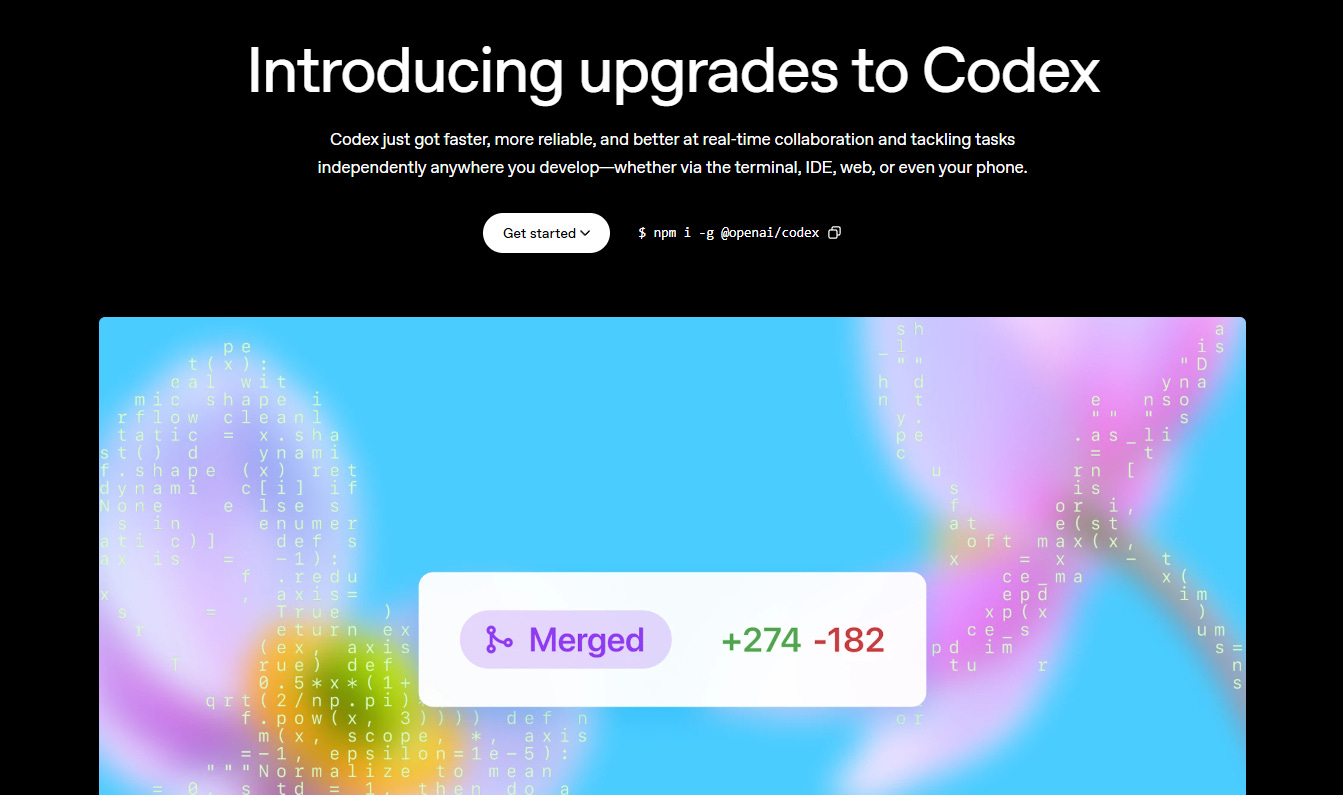
AI Innovations: Alibaba's Qwen3 Sets New Standards for Efficiency
In a week filled with significant advancements in AI technology, Louis-François Bouchard highlights key developments that are shaping the industry. From coding AIs to exploring massive context windows and fostering openness in speech models, the landscape is evolving rapidly.
Highlights from the Week
This week's updates include:
- Alibaba’s Qwen3-Next-80B-A3B: The tech giant has unveiled a mixture of experts (MoE) model that significantly reduces operational costs while maintaining competitive performance against larger reasoning models.
- Efficiency Breakthrough: The new 80 billion parameter MoE model operates with only 3 billion active parameters during inference, showcasing its efficiency by running at just 10% of the cost of smaller models like Qwen 32B.
- Enhanced Features: The model incorporates 512 experts, including both instructive and thinking variants. Additionally, hybrid attention mechanisms and multi-token prediction enhance speed and decoding capabilities.
- Contextual Capabilities: Trained on an impressive 15 trillion tokens, the model offers a native context of 256,000 tokens, with scalability up to 1 million.
- Performance Metrics: The “thinking” variant outperforms competing models, such as Gemini-2.5-Flash-Thinking, indicating a strong emphasis on practical reasoning abilities.
Looking Ahead
As developments like Alibaba’s Qwen3-Next-80B-A3B push the boundaries of AI capabilities, the industry is left to ponder the implications of such advancements. Bouchard encourages dialogue among tech enthusiasts and professionals to assess whether these innovations are merely hype or signify a genuine transformation in artificial intelligence.
In conclusion, the rapid evolution of AI technology, marked by efficiency and transparency, continues to be a focal point for professionals seeking to navigate the complexities of this ever-changing field.
Rocket Commentary
The advancements highlighted by Louis-François Bouchard, particularly Alibaba’s Qwen3-Next-80B-A3B model, underscore a pivotal shift towards efficiency in AI. While the significant reduction in operational costs is commendable, the industry must remain vigilant about accessibility and ethical considerations. The move to a mixture of experts model, which activates only a fraction of its parameters, presents a dual opportunity: enhanced performance at reduced costs could democratize AI access for smaller developers and businesses. However, as we embrace these innovations, it is essential to ensure they do not exacerbate existing inequities or foster monopolistic behaviors. The focus should not only be on technological prowess but also on how these developments can transform user experiences and promote inclusive growth within the AI landscape.
Read the Original Article
This summary was created from the original article. Click below to read the full story from the source.
Read Original Article